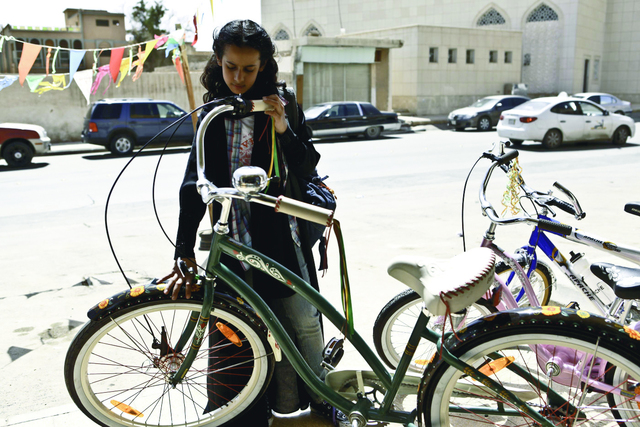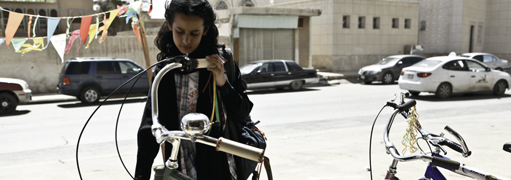Film Review: Female-Centric Coming-Of-Age Drama Wadjda Pushes Buttons And Boundaries In Saudi Arabia
Lovely Childhood Drama Pushes Buttons And Boundaries In Saudi Arabia


Dottie. A rebel.”


